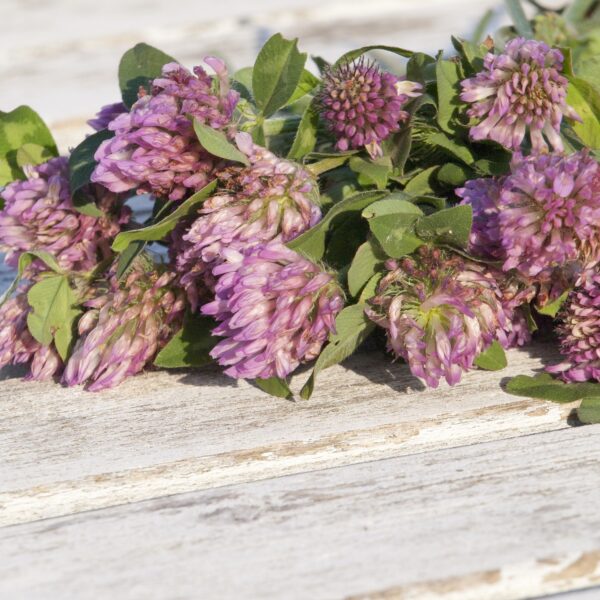Stress is a much bigger problem than we like to believe. Over time small stresses can pile up, and before you know it, you have chronic stress that is slowly getting out of control and heading towards high blood pressure and a heart attack. It is important to manage your stress levels early on. So if you can feel yourself getting stressed, and are noticing the levels aren’t falling over a period of time – it is time to take action.
Walking
The simple walk is highly underestimated. Although it would probably be better to run or swim, you can start off small. Pick somewhere local and take a stroll on a Sunday morning. If you want to pump up the impact, then use your walk to get out somewhere as green as possible. The color green has two benefits for us, the first is that it lowers our stress levels, and the second is it helps our focus and productivity.
Exercise naturally lowers the body’s natural stress hormones, which is why you will often feel so content after a lot of activity. Being more active will use up that extra energy you might find is keeping you up at night too.
Supplements
Although, ideally, we should get all of our vitamins and minerals from a diverse diet, it isn’t uncommon to have a deficit somewhere. Not only that, but we are learning more about the body and its systems all the time. Green tea is recommended at least once a day to increase serotonin levels and aid digestion. Lemon balm is well known for its anti-anxiety properties and the calming effect of the scent. Kava Kava has been used as a sedative in the South Pacific for a long time and is used to treat mild stress and anxiety. CBD is making big waves, and global research is discovering more cannabinoids, and biologists are finding more ways that it benefits our own endocannabinoid system.
Writing
A great way to handle stress is to start writing down what it is that is bothering you. Many people choose to do this before bed so that they aren’t laying there with it spinning around the brain for hours. Another way to tackle this is by writing down everything that you are thankful for. Making sure that you write at least 3 things per day will mean that you are always looking for things to be positive about.
No
There are some things you can’t control, and we have to be at peace with that. However, very often, we can work against ourselves and what we need by agreeing to help or do something for other people when we don’t have the mental or emotional capacity to do it without leaving ourselves feeling stretched and stressed. Saying no to things that aren’t going to work for you, or that you can’t fit in with ease is much better for you than the mild guilt (which you shouldn’t have) or saying no.
Learn to recognize your own high-stress indicators and put a plan in place to tackle it as soon as you can.
Image Credits: Miti




Like this article? Share with your friends!